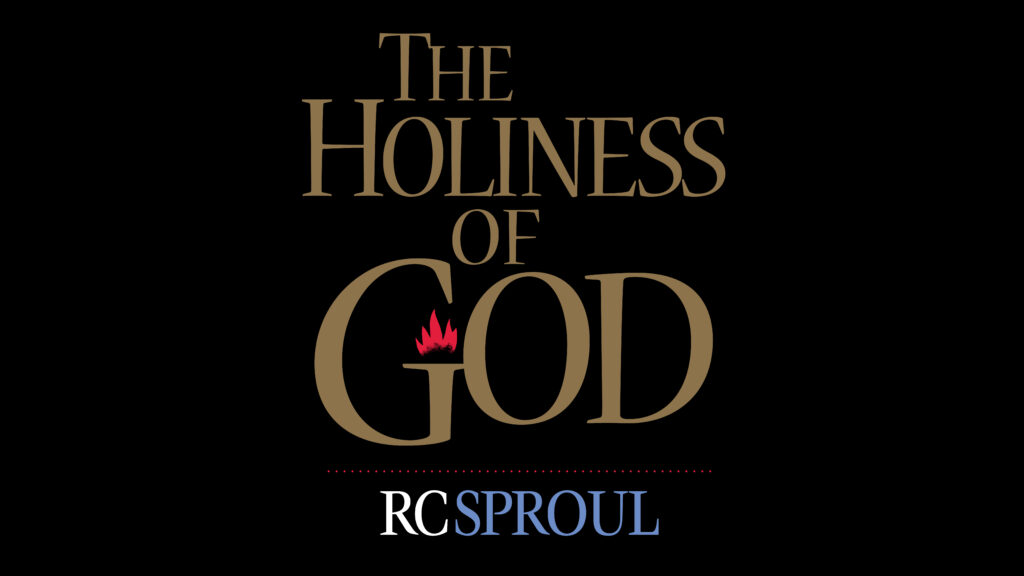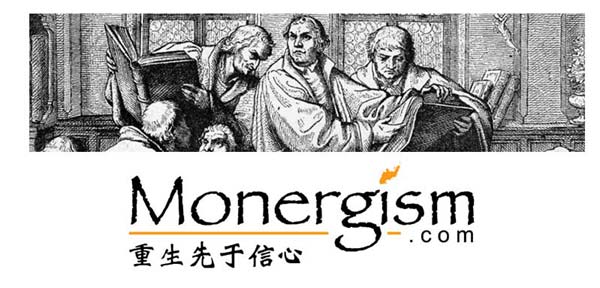To the average person, “reformed” is not a common word. You may have heard it used about Judaism (Reformed Judaism is the liberal/progressive branch) and perhaps nothing else. (Although if you put the word “reformed” in a search engine, you will see phrases like “reformed Egyptian”, “reformed broker,” and even “reformed pilates”). That was my experience until I was well into my life as a follower of Jesus Christ. Then I heard it used about Christianity, specifically about Protestantism. I learned that it was the original and driving force behind the entire Protestant movement. So, let’s find out what our gaming group means when we call ourselves “Reformed.”
What Does “Reformed” Mean?
Many use the term “reformed” as a shorthand for Calvinism. This is only partially accurate. Calvinism is reformed soteriology (the doctrine of salvation), but soteriology is only part of a complete theology. Reformed theology is better encompassed by using the five Solas of the Protestant Reformation.
As a shorthand to accentuate and define the issues that were critical during the theological disputes of the Reformation period, five Latin phrases emerged:
- Sola Scriptura (“Scripture alone”)– Scripture is the sole infallible rule by which we determine doctrine and practice (this includes the concepts of inerrancy and sufficiency)
- Sola Fide (“Faith alone”) — We are justified solely by faith and not by works (this was the material principle of the Protestant Reformation while Sola Scriptura was the formal principle)
- Sola Gratia (“Grace alone”) — Faith is solely a gift from God (here we find the concept of natural man’s inability to please God or merit any good thing; Jesus raising Lazarus from the dead is an applicable illustration of this concept)
- Solus Christus (“Christ alone”) — Jesus is the sole author and finisher of our faith, our one and only sufficient Prophet, Priest, and King (concepts such as atonement, wrath, satisfaction, sacrifice, substitution, and imputation fall within this area)
- Soli Deo Gloria (“To God alone be the glory”) — God is the sole entity to whom glory is due, not only because of the prior four Solas but also because He is the Creator and a unique being unlike anything else in the universe
These five phrases encapsulate the theological standards set by the Reformers. For the most detailed expression of Reformed Theology, however, one would have to look to the historical reformed confessions. The most followed of these consist of the Three Forms of Unity (Canons of Dordt, Heidelberg Catechism, and Belgic Confession), the Westminster Confession of Faith, the Thirty-Nine Articles, and the London Baptist Confession.
So You’re Interested in Reformed Theology? Here’s Where To Start

There is a vast library of books on Reformed theology. This is a good thing generally but makes it difficult to make recommendations that most will agree with because there are so many choices. In addition, there is a subjectivity to this sort of thing that is unavoidable. I was saved by Christ at 14 years of age and grew up in a Southern Baptist non-Reformed church atmosphere. Reformed theology was not taught, at least not explicitly and not by name. I came to embrace it after deep study and guidance in a non-denominational church when I was in my 30s. I came to discover that my theology was essentially Reformed Baptist, which follows the 1689 London Baptist Confession, only about 5-10 years ago (in my 40s) while in a prolonged Biblical study with men who were heavily influenced and taught by John MacArthur, who is Calvinistic but not Reformed in other areas of his theology. I joined a Reformed Baptist church about a year ago. All this to say that this is where I am coming from–I did not grow up in a Reformed church–and it will shape my recommendations about where to start looking into it.
One other thing that I should make explicit: Although I will be referring to and recommending several books and resources, it goes without saying that the most important resource for any Christian theology is the Bible. Those who have embraced the Reformed faith in whole or in part have done so because they believe it is what the Bible teaches, not because some famous or popular theologian or preacher has said it. If you are not rooted and grounded in the Bible, no matter what your theology is, you’re doing it wrong!
Introductions to Reformed Theology
In my opinion, RC Sproul is the best teacher of Reformed theology for the layperson, non-theologian. He has a gift for explaining theology in a way that makes it interesting and compelling, as well as memorable. Thus, for those new to it, I recommend his book What Is Reformed Theology?
It’s not a long book (about 200 pages) but it gives a good overview of the essential beliefs of the Reformed faith. (I read this book in its previous incarnation called Grace Unknown: The Heart of Reformed Theology, which you can now find used copies of for super cheap.) An alternative to Sproul is a book called Welcome to a Reformed Church: A Guide for Pilgrims by Daniel R. Hyde. It’s also not long, about 200 pages. I haven’t read it yet, but looking at the table of contents and flipping through it shows that it is organized into the main topics of Reformed Theology. It also has good reviews.
Calvinism: The Heart of Reformed Theology
Some folks want to initially focus on Reformed soteriology (Calvinism) rather than the broader Reformed doctrines. That’s what I did. For me, the best overall book on Calvinism is by David Steele, Curtis Thomas, & Lance Quinn called The Five Points of Calvinism: Defined, Defended, and Documented.
It’s the book my co-teacher and I used for several years when we taught a Bible class called The Doctrines of Grace at my former church. It’s a great resource to have and lays out all the Biblical support for the Reformed view of salvation. In addition, if you are into polemics or are familiar with a book called Chosen But Free, which tries to refute Calvinism, then you might like The Potter’s Freedom by James R. White.
In the tradition of Martin Luther taking Erasmus to task in The Bondage of the Will, Dr. White responds to Chosen But Free’s bad exegesis, inconsistencies, and false reasoning by skillfully walking through all the major Scripture passages concerning how God works in salvation and also addressing those passages that non-Calvinists claim are against Calvinism. This is one of my favorite books ever. I’ve read it twice and it shaped the way I interpret and read the Bible in all areas. It’s a model for sound hermeneutics.
Sovereignty: The Life of Reformed Theology

Perhaps the key element of Reformed theology is its view of the sovereignty of God. Therefore, it is important to study who God is in all His character and attributes. The character and attributes of God are crucial in Calvinism and central in other Reformed doctrines because they are critical to a Biblical understanding of who God is. Nowhere is that better portrayed than in The Holiness of God by RC Sproul.
A common experience that folks have when discovering Reformed theology is that it “brings them to their knees.” This is because modern culture has reformed God in the image that it prefers–a Santa-like figure that is non-threatening and only mildly inspiring. That modern cultural view of God is so prevalent that it has infiltrated the evangelical church, which in turn has influenced so many of us. A remedy for that is to see God in His holiness as the Bible portrays Him. What makes Him awe-inspiring is on full display in Sproul’s book. This often then leads a believer to think about and study the sovereignty of God.
When an understanding of the true sovereignty of God begins to seep its way into your thoughts, some very reasonable questions are “Why should we pray?” and “Why should we evangelize?” There are great Biblical answers to those questions. J.I. Packer steps up to the plate, stares down the question of evangelism, and hits it out of the park. It’s a short book (120 pages) but one that every Christian should read. A true classic. The Great Commission is never greater than when in the capable hands of Packer.
Finally, in addition to these books, many folks suggest A.W. Pink’s The Sovereignty of God. I wish that I had read it, but I haven’t yet done so. And so I can’t say much about it. It is not a long book (again about 200 pages) but it is an older book, first published about 100 years ago. So, it may not be for everyone. I include it here because many of the people whose opinions I trust recommend it.
Systematic Theology
Avoiding the whole “Biblical Theology versus Systematic Theology” debate (they are just different emphases on Biblical revelation, one emphasizes the progressive history of revelation and the other the unity of it), I feel compelled to recommend a systematic overview of Christian theology, one that especially emphasizes and contrasts Reformed and non-Reformed views. In doing so, there are many ways I could go. There are multiple excellent Reformed systematic theologies. I choose here to recommend the one that I have found utterly indispensable in my growth, Wayne Grudem’s Systematic Theology, for reasons that I will now share.
For someone who is coming from a non-Reformed background (which I am assuming is a great portion of the readers of this article), this book is most helpful. Grudem is a Calvinist but is not Reformed in other areas of his theology (I disagree with him in a few significant but non-essential areas). However, he is a tremendous teacher and, in his Systematic Theology, lays out all sides of theological issues in a clear, fair, and informative way. This was the main book that I used as I was transforming from a generic evangelical into a Reformed evangelical. It is meticulously documented so that you can go to sources if you so choose. But, I found Grudem to be very fair in his presentation of various views on a topic; so much so that I came to trust his descriptions. In addition, the book is very comprehensive and well-organized, such that it makes using it as a reference resource quite easy. I still have mine (now over 15 years old) and use it to help steer me to the right resources on specific issues. I have found it to be extraordinarily useful.
If a big, thick Systematic Theology book seems too daunting to read and you just want an introduction to the topic, again there is no one better at that than RC Sproul, and he has recently written a very accessible get-your-feet-wet type of book, based on his many years of lectures on these topics. I especially enjoy the premise of the title Everyone’s a Theologian. According to Paul in Romans chapter 1, everyone IS a theologian–in the sense that everyone knows something about God. Dr. Sproul restates that and adds that the only question is whether you are a good theologian or a bad theologian.
Of course, the granddaddy of all Reformed systematic theologies is Calvin’s Institutes of the Christian Religion. It has withstood the test of time because it is a remarkable and refreshing systematization of the Reformed view of the Scriptures.
The edition pictured here is the preferred one: the two-volume version by McNeill. However, many folks get the one-volume version, translated by Henry Beveridge, because of its cheaper cost. Whichever you choose, the work is a gift to the church and should be part of the library of any Reformed Christian, no matter what shade of Reformed you happen to be.
Internet Resources

So if it’s not already clear, I’m an old-school “book guy.” When I think of theology study, I think of books and libraries. What can I say? I’m an “older guy” and a product of the time I was brought up in. Now, however, we have some great resources at our fingertips (literally, thanks to smartphones) on the Internet. So, what are some good Reformed Internet resources? Well, again there are many; so many that I would rather just give you a starting point from which you can explore on your own. That starting point is the Monergism website at monergism.com.
This is a fantastic website with so many great resources that I can’t say enough good things about it. It is a labor of love and a great benefit to any Reformed person. For a list of the very best Reformed theology content that the Internet has to offer, check out the Helpful Blogs page on monergism.com.
Finally, for a superb Reformed theology online resource that approaches it from an apologetics viewpoint, try Alpha & Omega Ministries. This is the ministry of Dr. James R. White. I am a little biased because I have been a follower of A&O since about 1995, but almost everyone I know in Reformed circles has been blessed by some or all of Dr. White’s ministry. If you like formal debates, where both sides of an issue can be fleshed out, this is your resource.
Conclusion
Of making many books there is no end, and much study is a weariness of the flesh. Eccl.12:12 Now there are also many other things that Jesus did. Were every one of them to be written, I suppose that the world itself could not contain the books that would be written. John 21:25
There are so many books that I have left out of this article. We truly live in a blessed time and place of the access we have to great theological resources. But we must balance that with the practice of daily ministry to our spouses, children, parents, co-workers, family, and friends. What good is knowledge if we don’t share it with others by teaching them and serving them?
So, what we mean by “Reformed” gamers is that we play video games and hold to a theology with a rich, historical tradition that is grounded in Scripture, founded in Jesus Christ, and mounted on the shoulders of theological giants that went before us. This not only means that we believe we can play video games “to the glory of God” (1 Cor. 10:31) but that we have a very specific and full understanding of what the glory of God is.
